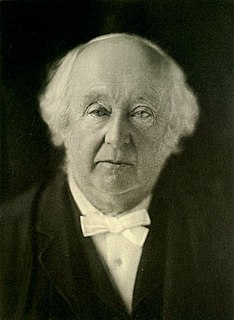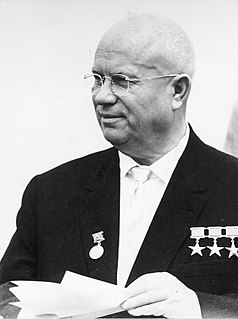A Quote by Henry David Thoreau
Related Quotes
Money alone is only a mean; it presupposes a man to use it. The rich man can go where he pleases, but perhaps please himself nowhere. He can buy a library or visit the whole world, but perhaps has neither patience to read nor intelligence to see.... The purse may be full and the heart empty. He may have gained the world and lost himself; and with all his wealth around him ... he may live as blank a life as any tattered ditcher.
The Great Man's sincerity is of the kind he cannot speak of, is not conscious of: nay, I suppose, he is conscious rather of insincerity; for what man can walk accurately by the law of truth for one day? No, the Great Man does not boast himself sincere, far from that; perhaps does not ask himself if he is so: I would say rather, his sincerity does not depend on himself; he cannot help being sincere!
The manager-leader of the future should combine in one personality the robust, realistic quality of the man of action with the insight of the artist, the religious leader, the poet, who explains man to himself. The man of action alone or the man of contemplation alone will not be enough; these two qualities together are required.
Every man is of importance to himself, and, therefore, in his own opinion, to others; and, supposing the world already acquainted with his pleasures and his pains, is perhaps the first to publish injuries or misfortunes which had never been known unless related by himself, and at which those that hear them will only laugh, for no man sympathises with the sorrows of vanity.
For the essence of sin is man substituting himself for God [Gen. 3:1-7], while the essence of salvation is God substituting himself for man [2 Cor. 5:21]. Man asserts himself against God and puts himself where only God deserves to be; God sacrifices himself for man and puts himself where only man deserves to be.
It is not eminent talent that is required to ensure success in any pursuit, so much as purpose-not merely the power to achieve, but the will to labour energetically and perseveringly. Hence energy of will may be defined to be the very central power of character in a man-in a word, it is the Man himself.



































